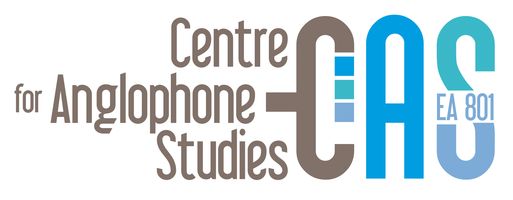Cosmopolitan Romance and Feminist Aestheticism in Lucas Malet's Adrian Savage (1911)
Résumé
This chapter reads Adrian Savage as a late aestheticist political novel, whose primary aim is to explore forms of female discontent, dissidence, and self-realisation at the dawn of the twentieth century. Indeed, despite its title, this novel is less about the suave bicultural eponymous protagonist, than about the diverse female characters he encounters who shape, refine, and permanently alter his views on gender relations. At first, the narrator’s swift, confident banter may suggest that the novel is little more than an Edwardian marriage plot with a French flair, or a modern fairy tale romance—the last chapter is entitled “Wherein Adrian Savage Succeeds in Awakening La Belle of Bois Dormant ”. By contrast, Gabrielle is depicted as an embodied, sensuous Renaissance woman, someone whose “nature was too rich—let it be added, too normal and wholesome—for the senses not to play their part in the shaping of her destiny”.
